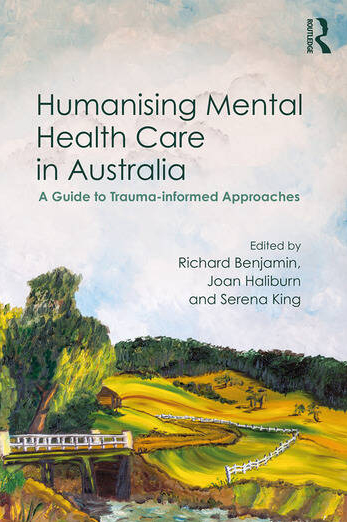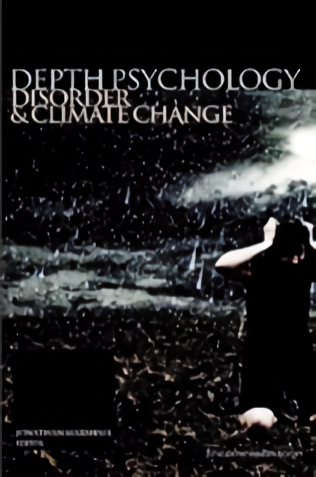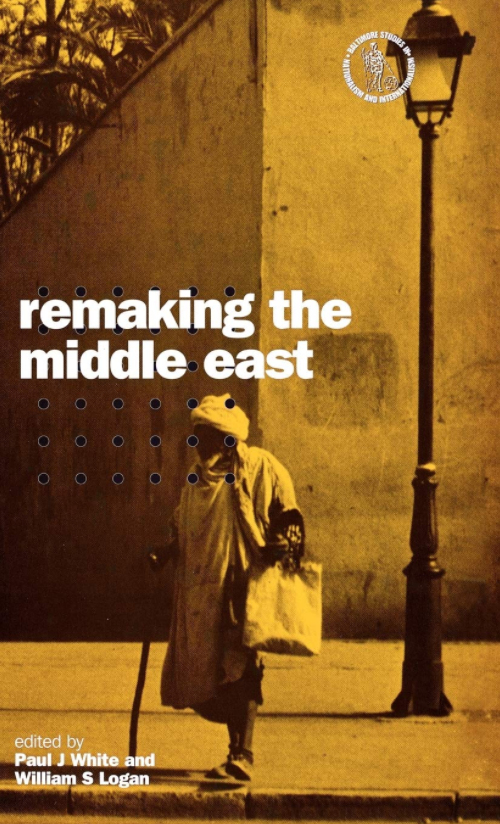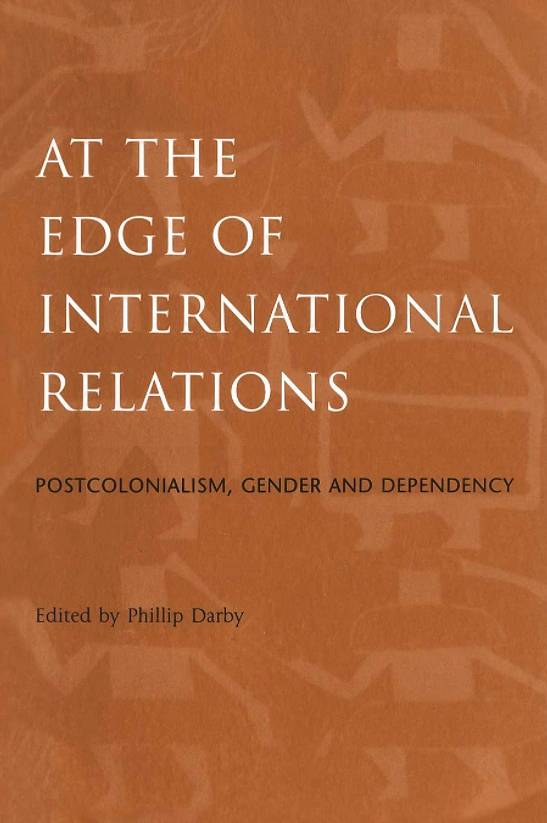Book chapters
‘Controversies in the Treatment of Traumatic Dissociation: The Phased Model, ‘Exposure’, and the Challenges of Therapy for Complex Trauma’
(with David Elliott) in Dissociation and the Dissociative Disorders: Past, Present, Future (New York: Routledge, in press).

Dissociation – disconnection between domains of functioning which are ordinarily integrated – is commonly severe in complex trauma and poses many treatment challenges. A phased therapy approach is recommended but has also been challenged in various ways. This chapter considers whether phased treatment for complex trauma and dissociation is necessary, or whether treatments accorded the imprimatur of ‘evidence based’ (‘first line’, generally short-term and exposure-based) are sufficient and effective. This seemingly straightforward question invites queries about optimal treatment of complex trauma-related dissociation which the chapter also explores.
‘The Pillars of Trauma-Informed Care and the Need for Cultural and Organisational Change’
Ch.23 in Richard Benjamin, Joan Haliburn and & Serena King, ed. Humanising Mental Health Care in Australia: A Guide to Trauma-Informed Approaches (London: Routledge, 2019), pp.307-318.

The context and environment in which health services are provided was long seen as the neutral backdrop to the service supplied. The paradigm of trauma-informed care challenges this assumption. Originating in the mental health sector but with society-wide implications, trauma-informed care stems from recognition that trauma is highly prevalent and that current organization of health and human services does not reflect this reality. This chapter introduces the core principles of trauma informed practice and the spectrum of institutional domains, formal and informal, in which they need to be implemented.
‘Unconscious Responses to Climate Change: The Limits of Liberalism and the Potential of Depth Psychology’
Ch.17 in Jonathan Marshall, ed. Depth Psychology, Disorder and Climate Change (Sydney: Jung Downunder Books, 2009), pp.241-264.
https://www.amazon.com/Depth-Psychology-Disorder-Climate-Change/dp/0980675200

Familiar ways of thinking about economic, political, and social questions (which in western societies are strongly shaped by the ideology of liberalism) are inadequate to address the challenges posed by climate change. This is because liberal ideology privatizes, individualizes, and depoliticizes what is legitimately collective and shared. It thus presents few means by which to address or even conceptualize the dimensions of what we are up against. Depth psychology, in contrast, offers a rich potential corrective in this regard. This is not only in contesting the boundaries between private/ public, individual/social, and conscious/unconscious. It is also in elaborating the ‘shadow’ to which transformative, as all, human activity is susceptible.
‘Liberal Nationalism: Paralysis and Possibility’
Ch.6 in James Goodman & Paul James, ed. Nationalism and Global Solidarities: Alternative Projections to Neoliberal Globalization (New York: Routledge, 2007), pp.93-107.
https://www.amazon.com/Nationalism-Global-Solidarities-James-Goodman/dp/0415385040

Notwithstanding its specific features and principles, the ideology of liberalism (which has so shaped western and ostensibly democratic societies) is predicated on universalist aspirations. This means that its relationship to the seemingly contrasting ideology of nationalism is paradoxical. This chapter – in the first detailed study of the relationship between nationalism and globalization – considers the ‘strange bedfellows’ of nationalism and liberalism, the problematic phenomenon of liberal nationalism, and its many concerning implications.
‘Dichotomy and Complementarity: Tenets of Islam and their Interrelationship’
Ch.2 in Paul J. White & William S. Logan, ed. Remaking the Middle East (Oxford: Berg, 1997), pp.41-58.

‘In Stavropoulos’s analysis, a certain dynamic ambivalence is typical of rich and complex phenomena such as Islam. Thus apparently counterposed terms such as ‘nationalism’ and ‘internationalism’ do not necessarily confront each other antagonistically. Similarly, reality is frequently more complex than the usual complacent oppositions of ‘modernity’ and ‘tradition’ suggest. Otherwise, how can one explain occurrences such as the use of modern electronics to bring to the Muslim faithful the amplified Qur’an?’
‘Women in Colonial Africa: Agency, Theory, and Literature’
Ch.9 in Phillip Darby, ed. At the Edge of International Relations: Postcolonialism, Gender, and Dependency (London: Pinter, 1997).

‘Pam Stavropoulos takes agency as her theme and traces her analysis from the colonial period. She reviews the different bodies of theoretical writing and raises questions about the relevance of agency to international relations’.